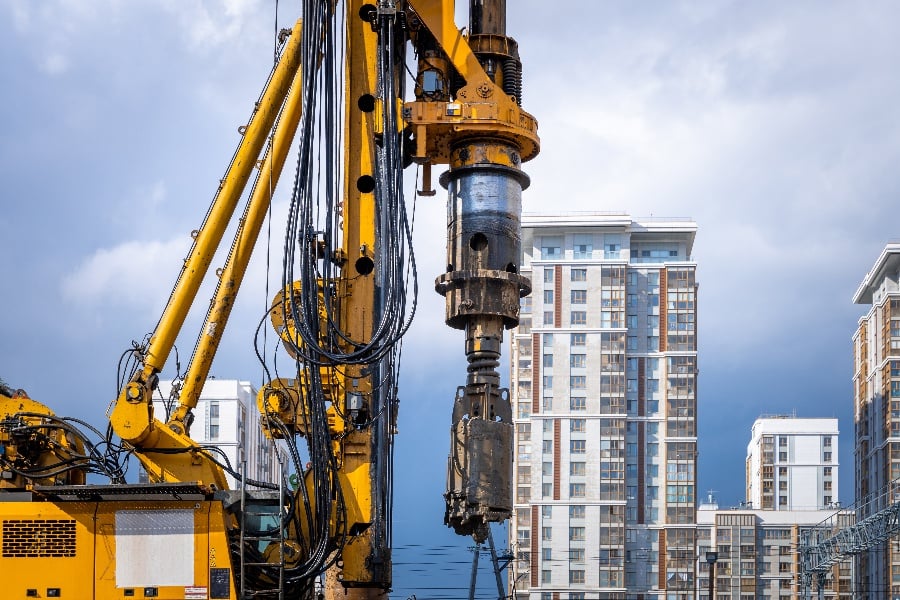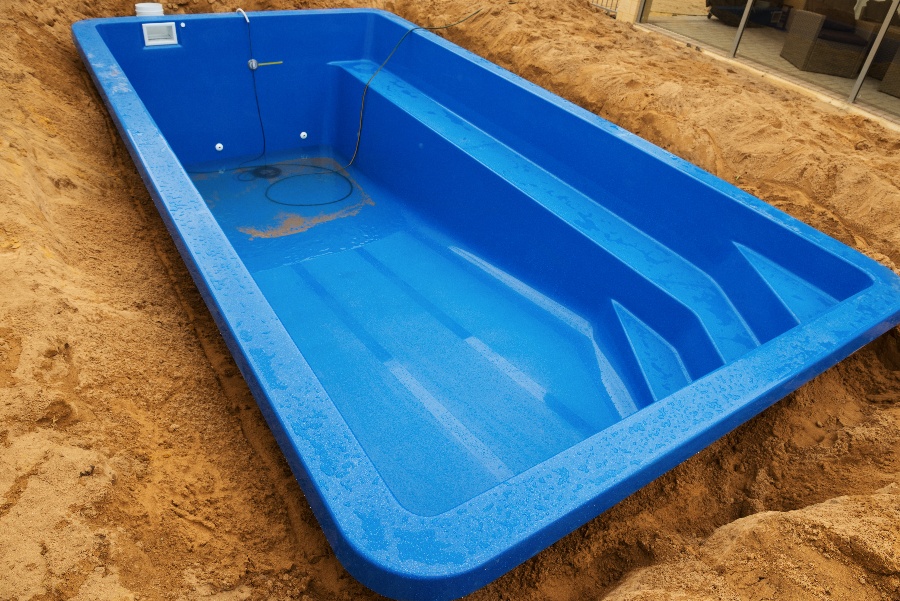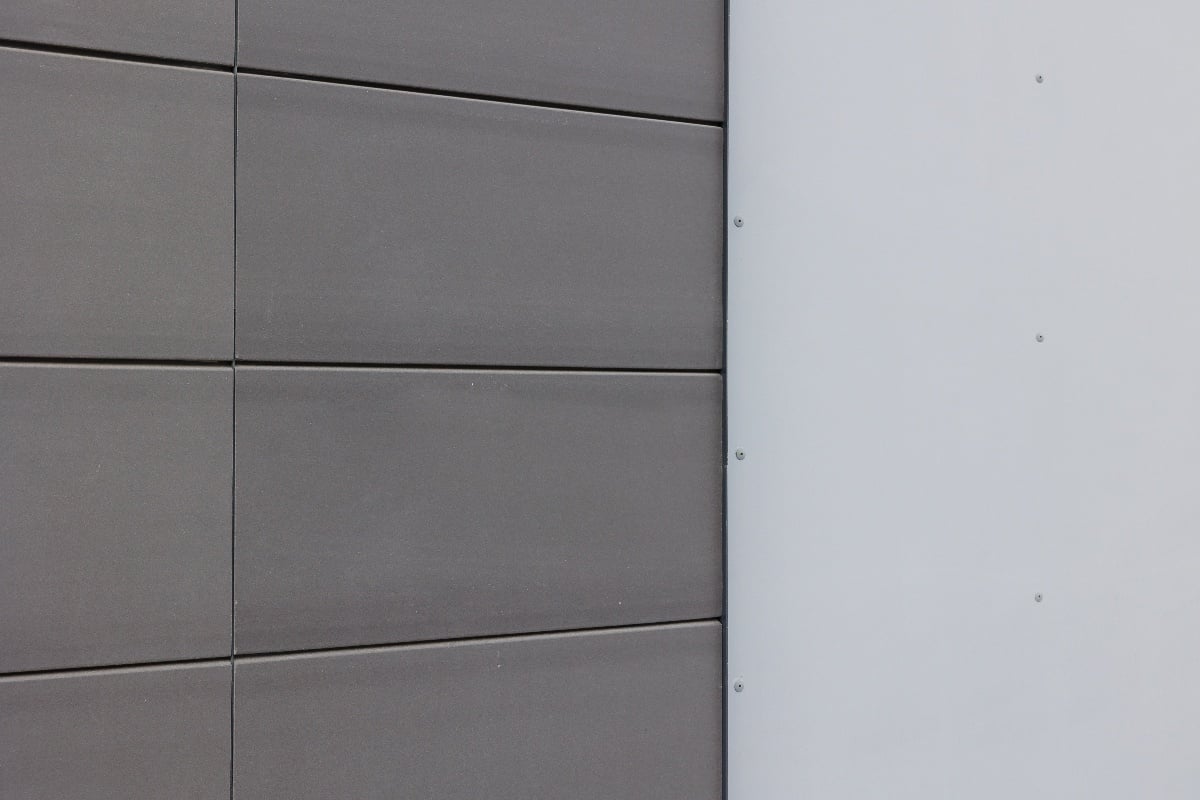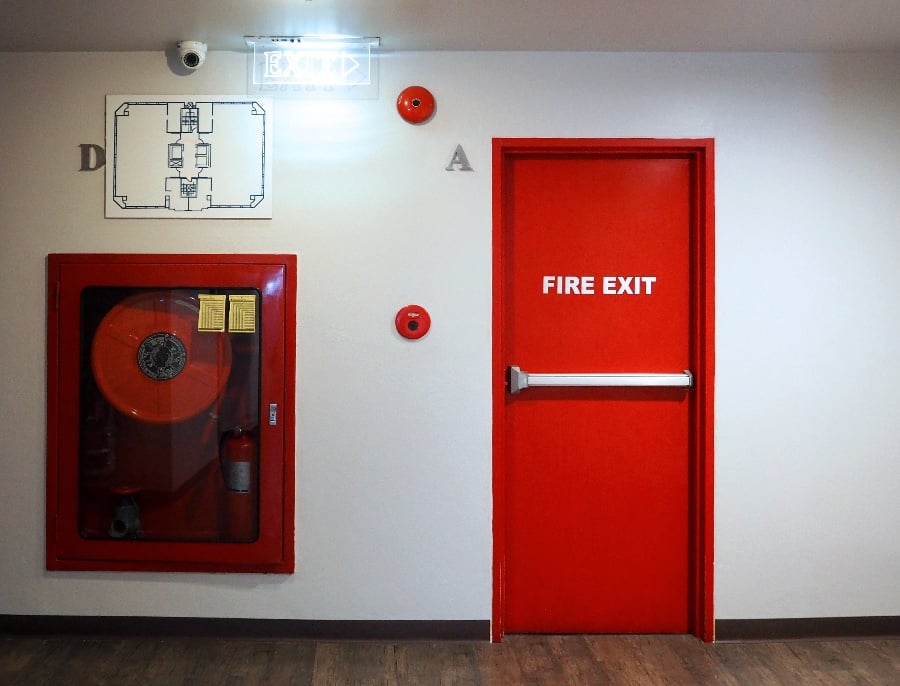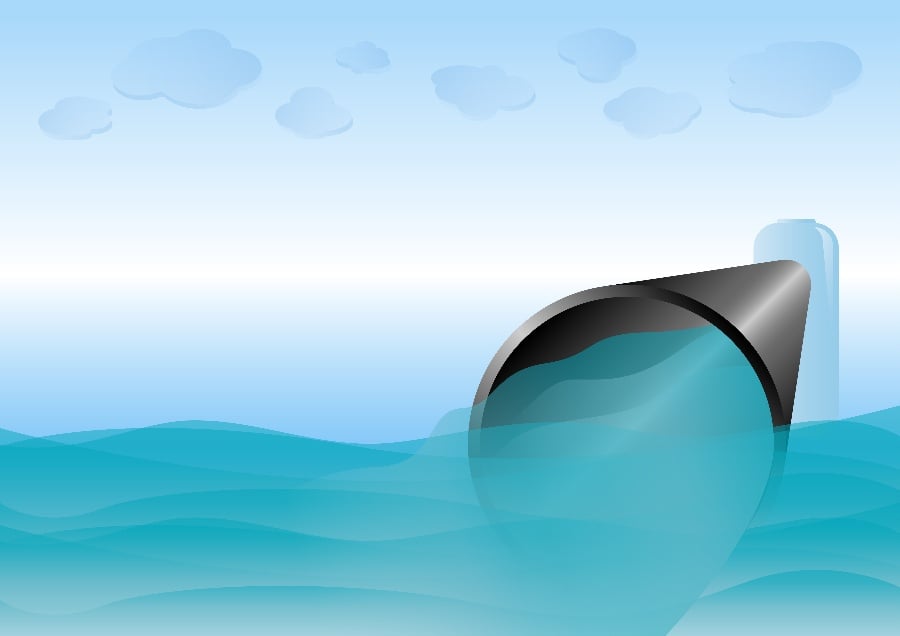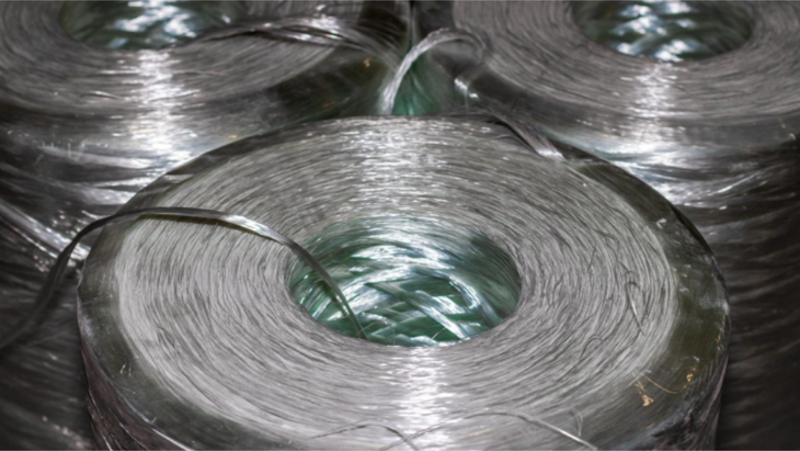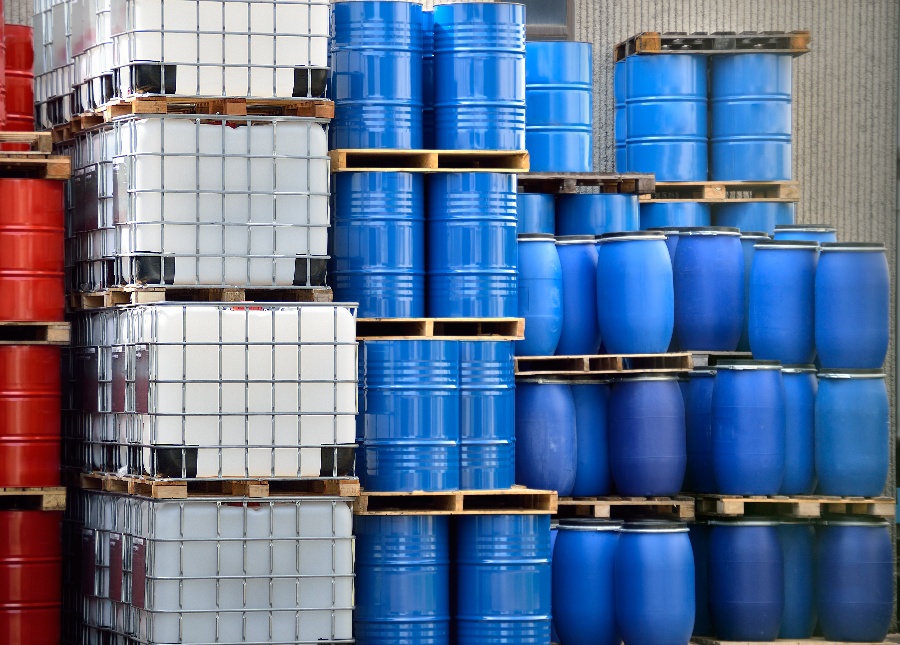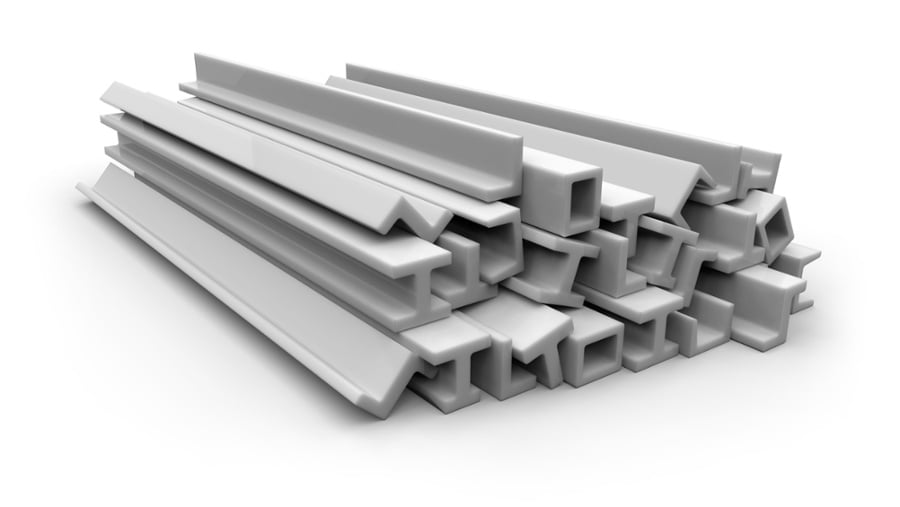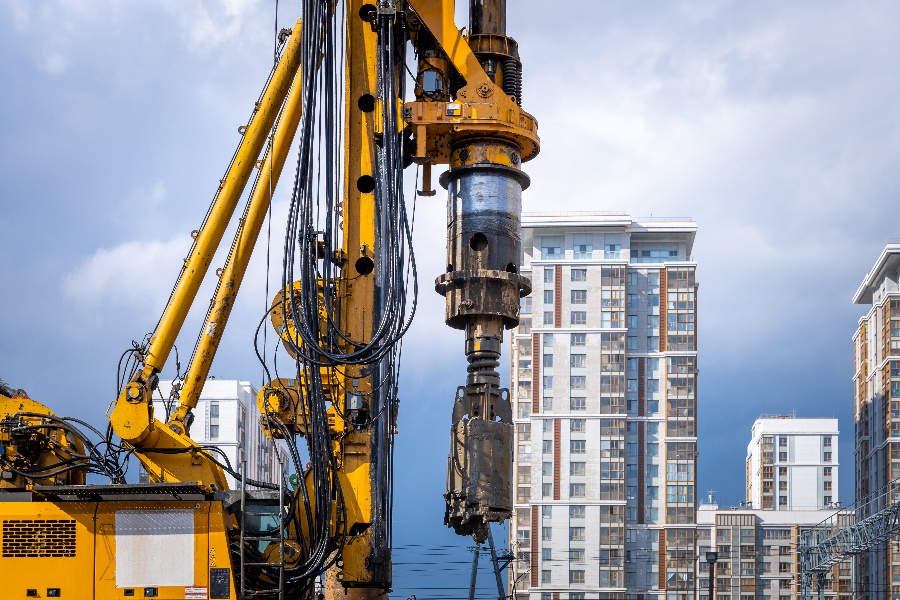
Oil wells are an important part of the global energy industry. They provide a reliable source of oil, an essential commodity for modern society. Oil wells also provide jobs and economic opportunities, both directly and indirectly.
Design and material choice play an important role in the construction of oil wells. It is essential that these components be assessed carefully to ensure they are fit for purpose, while also accounting for cost and safety considerations. Engineers play an important role in the design and development of effective oil wells.
They must be able to identify the right locations for oil drilling, select suitable materials and equipment, assess potential risks, and ensure compliance with all safety regulations. In addition, they must be familiar with various petroleum engineering techniques to optimize an oil well's performance.
Casing strings play a key role in the design of an oil well. Engineers must pay close attention to all aspects of casing string design to ensure optimal results for their projects.
What do Casing Strings Do?
A casing string is an essential part of the oil well, as it maintains structural integrity and prevents the release of contaminants. It consists of several interconnected steel pipes designed to support the borehole walls formed during drilling and to provide a barrier between subsurface formations. Casing strings are installed in stages and cemented in place, ensuring a secure seal and preventing subsurface fluid migration.
The primary purpose of a casing string in drilling technology is to provide structural support to the wellbore and prevent it from collapsing. It also serves as a barrier that prevents the uncontrolled flow of formation fluids into the borehole, which can cause a blowout. Additionally, it helps prevent fluids in the borehole, such as produced oil or gas and drilling mud, from migrating into adjacent formations.
The Importance of Casing String Design for an Oil Well
Proper casing string design for an oil well is a crucial component of successful extraction operations. It can be the difference between success and failure in optimizing production and ensuring worker safety. For example, if it is not properly sealed at each stage, fluid loss from the bottom of the well can occur, resulting in lost production. Furthermore, if not properly supported, the structural integrity could be compromised, leading to costly repairs or even collapse.
It is essential to account for proper design considerations when planning casing strings for an oil well. To ensure the proper equipment and best practices are used, it is imperative that engineers consider the design and functional requirements of an oil well, as well as its geological environment.
Rigid standards must be followed that account for factors including corrosion control, application conditions, production levels, long-term reliability, and protection against unexpected events such as blowouts. With smart engineering decisions informed by these factors, the optimal design of a well's casing string can ensure it reaches its full potential.
Casing String Material Choice
Casing strings for oil wells are usually constructed from steel pipes, although other materials, such as PVC, can sometimes be used. Steel is the most common material due to its strength and flexibility, which are essential for maintaining a secure seal between different subsurface formations. The thickness of these pipes also varies by application, with thicker-walled pipes used in more challenging environments that require additional support.
In addition to steel piping, a range of other materials may be used to construct casing strings. This includes rubber seals, cement grouts, and even specialized coatings that can prevent corrosion or fluid loss through the pipe walls.
The choice of material depends on the specific conditions of the well, including the depth, pressure, and temperature of the well, as well as the corrosiveness of the fluid in the well. It is important to select the right materials for each job, as this will ensure not only a secure seal but also structural integrity and long-term support.
Using Fiberglass-Reinforced Plastic Casing Strings to Create More Stable Oil Production Wells
In the oil production industry, fiberglass-reinforced plastic (FRP) casing strings are a key technology for improving well stability and reliability. Companies worldwide are using this technology to address challenges posed by traditional casing-string materials.
FRP is a combination of glass fibers and resin to make casing strings much stronger than they would be on their own. This type of casing string provides strong protection against collapse, especially when used with various grouts or other sealing materials. The result is an extremely strong, durable, and safe wellhead that can handle high pressures associated with oil production.
The use of FRP casing strings in oil production wells offers many advantages beyond increased reliability. For example, it makes the cost of maintaining an existing wellhead much more affordable since FRP does not corrode or rust as steel does. Using FRP tubulars eliminates the need for repairs and cathodic protection systems associated with corroded steel casing, ultimately reducing expenses.
In addition, it helps protect water resources from contamination by creating a physical barrier between oil and water, separating them by several meters in some cases. Furthermore, using this type of casing string reduces emissions because there is less need for open-flame welding during installation, which is typically used for steel casings.
Overall, using FRP casing strings for oil production wells offers significant potential to improve stability while reducing costs and environmental impact. If you are looking for high-quality FRP products, reach out to Tencom today.

